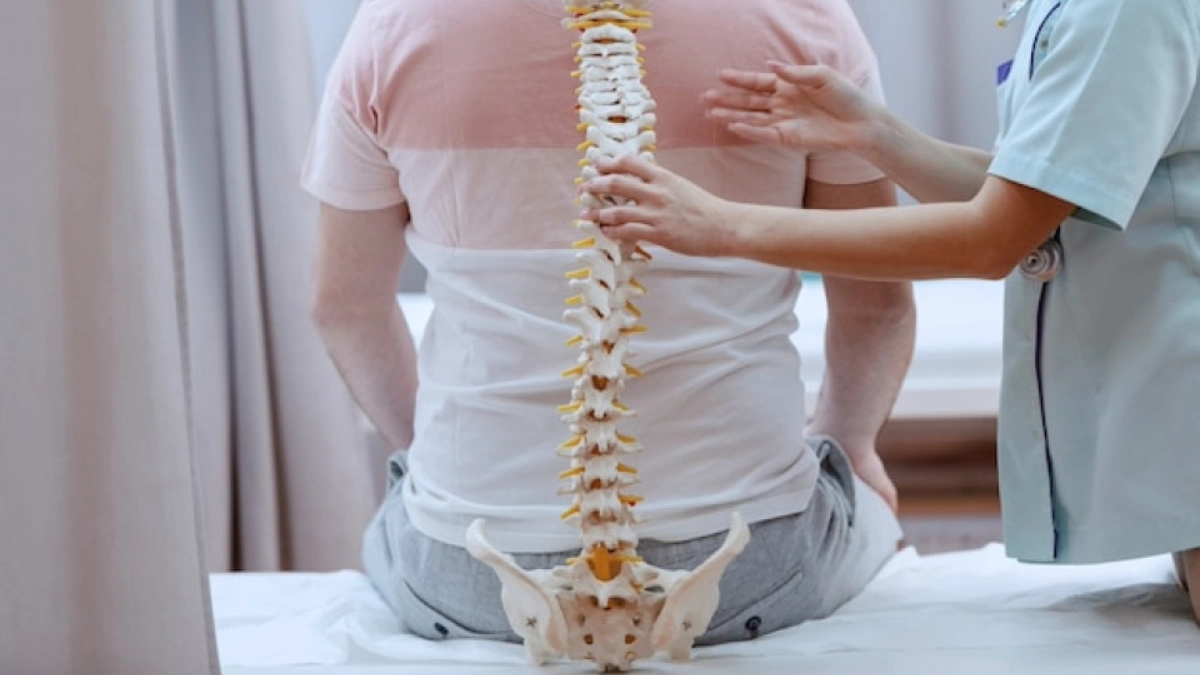Turkey is a premier destination for spine surgery, attracting many international patients due to its advanced medical facilities, experienced surgeons, and cost-effective treatment options. Spine surgery in Turkey offers a blend of quality healthcare and affordability, making it an appealing choice for many patients.
Types of Spine Surgeries Conducted in Turkey
Spinal Fusion
Spinal fusion is a procedure where two or more vertebrae are permanently joined. This surgery is often necessary for conditions such as spinal deformities, spinal stenosis, spinal disc herniation, degenerative disc disease, and severe back pain. The procedure aims to stabilize the spine and alleviate pain by preventing movement between the affected vertebrae.
Laminectomy
Laminectomy is a decompression surgery where a part of the spine called the lamina is removed to create space in the spinal canal, relieving pressure on the spinal cord or nerves. This procedure is often recommended for conditions like spinal stenosis.
Discectomy
Discectomy involves the removal of a herniated or damaged disc that is compressing the nerve roots or spinal cord. This procedure can be performed as a microdiscectomy using a smaller incision, which minimizes recovery time and potential complications.
Vertebroplasty and Kyphoplasty
Both vertebroplasty and kyphoplasty involve injecting bone cement into a fractured vertebra. Kyphoplasty, in addition, uses a balloon device to create space before cement injection, helping not only to stabilize the fracture but also to restore vertebral height.
How is Spinal Fusion Performed?
Spinal fusion surgery generally takes about three to four hours. The surgeon makes an incision to access the spine and may perform procedures like diskectomy, laminectomy, or foraminotomy before the actual fusion. Bone grafts from the patient’s body (autograft) or a substitute are used to fuse the vertebrae.
Why Opt for Spine Surgery in Turkey?
Turkey’s prominence in medical tourism is attributed to its state-of-the-art healthcare infrastructure, cutting-edge technology, and lower treatment costs. Turkish hospitals often have Joint Commission International (JCI) accreditation, ensuring high standards of care. Additionally, English-speaking medical staff and favourable government policies make Turkey an attractive choice for international patients.
When Should You Consider Spine Surgery?
Patients experiencing persistent symptoms in the extremities should first consult their primary care physician. Doctors typically monitor the condition over time, recommending continued physical activity. If symptoms do not improve with non-surgical treatments such as physical therapy, medications, and spinal injections, surgery may be considered.
What is Spine Surgery Performed For?
The primary goals of spine surgery are categorized into:
- Neurological structural decompression
- Spinal stabilization
- A combination of both decompression and stabilization
The long-term objective is to reduce pain and enhance the patient’s functional abilities.
Detailed Examination of Spine Surgeries
Laminectomy / Laminotomy
Laminectomy and laminotomy are forms of decompression surgery where a section of the spine is removed to relieve nerve compression. These procedures vary in the size and location of the surgical incisions but serve the primary purpose of reducing pressure on the spinal cord.
Disk Replacement
Disk replacement involves removing a damaged spinal disc and replacing it with an artificial one, allowing for preserved mobility and a quicker recovery compared to spinal fusion. This procedure helps maintain the natural movement in the spine post-surgery.
Foraminotomy
This procedure treats back pain caused by compressed spinal nerves by enlarging the openings where nerves exit the spine. Foraminotomy can also be combined with spinal fusion to maintain stability.
Interlaminar Implant
A lesser invasive option, interlaminar implantation involves placing a U-shaped device between vertebrae to maintain space and relieve nerve pressure. This approach supports spinal stability and preserves a near-normal range of motion.
Recovery from Spinal Fusion
Post-surgery, patients receive pain medication and must learn how to stand, walk, and sit properly. Intravenous nutrients are provided during the initial days when eating is restricted. A back brace may be recommended to support recovery. Although spinal fusion has high success rates, potential complications include prolonged pain, inflammation, nerve irritation, or stress at the fusion site.
Success Rate of Spinal Fusion Surgery in Turkey
The success rate for spine surgeries in Turkey is impressive, rivalling those in developed countries. For instance, lumbar herniated disc surgery has a success rate of approximately 95%, while brain and spinal cord surgeries boast a 91% success rate. Minimally invasive techniques, high-quality care, and experienced medical personnel contribute to these outcomes.
What is Lumbar Spine Surgery?
Lumbar spine surgeries address conditions and deformities in the lower back that cause pain, numbness, or other symptoms. These can include procedures to stabilize the spine, relieve pressure on nerves, or correct structural abnormalities.
What is Vertebroplasty?
Vertebroplasty involves injecting bone cement into a fractured vertebra to stabilize it and alleviate pain, commonly used to treat compression fractures due to osteoporosis.
What is Kyphoplasty?
Similar to vertebroplasty, kyphoplasty also involves space creation using a balloon device before cement injection, helping to restore vertebral height and relieve pain.
What Happens During Surgery?
During vertebroplasty, bone cement is injected into the fractured vertebra. In kyphoplasty, a balloon creates space before cement injection. Spinal fusion involves stabilizing bones with rods, screws, or plates until they fuse.
What Are the Risks of Spine Surgery?
While most patients have few complications, potential risks include:
- Reaction to anesthesia
- Bleeding
- Infection
- Blood clots
- Heart attack
- Stroke
- Herniated disc
- Nerve damage, leading to pain, paralysis, bowel or bladder dysfunction, and sexual issues
What is the Recovery Procedure for Spine Surgery?
Recovery times have improved due to advancements in surgical methods and pain management. Typically, patients can return to regular activities within three weeks, depending on the surgery. Follow-up includes regular doctor visits and imaging tests to monitor healing. Patients should seek accommodations, such as ergonomic chairs, to prevent strain upon returning to work.
What is the Follow-up Procedure?
After surgery, regular follow-ups are essential. These initially occur every 4 to 6 weeks, then every few months, and finally annually for up to 2 years. Imaging tests like MRIs or X-rays help track recovery progress. Surgeons may recommend ergonomic adjustments for those returning to work to avoid re-injury.
Conclusion
Turkey offers high-quality, cost-effective spine surgery solutions due to its advanced medical infrastructure, skilled surgeons, and competitive pricing. The success rates for spine procedures are comparable to those in developed countries, making Turkey a leading destination for medical tourism.
For a personalized consultation and more information, contact Avicenna International Hospital. Our team of experts is ready to assist you in planning your spine surgery journey in Turkey.
The cost of spinal fusion surgery in Turkey can range from around USD 18,000, which is significantly lower compared to the costs in Western countries.
Yes, Turkish surgeons are highly qualified and experienced in performing various spine surgeries, utilizing the latest medical technologies.
You can anticipate a recovery period of approximately three weeks, with follow-up visits to monitor your progress. Pain management will be a priority, and you will receive detailed instructions on resuming daily activities.







